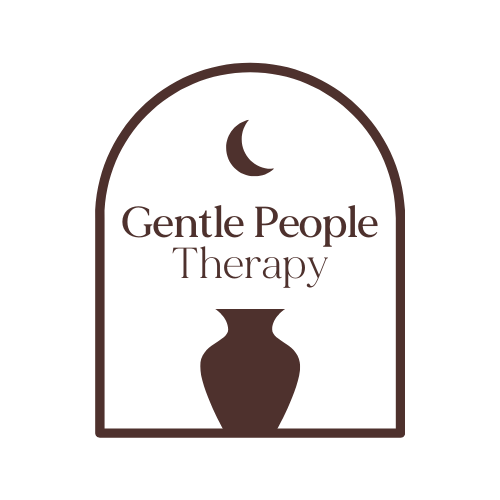Postpartum Toolkit for Couples
Reflecting on the “Postpartum Toolkit for Couples” Workshop Held in Tustin, CA
Back in February (aptly timed during “Love Month”), I partnered with lactation consultant Victoria Talbot-Whittaker, IBCLC, owner of All Bodies Nurture, to co-facilitate a workshop to provide expecting and postpartum couples with knowledge and skills to support their relationship health. We discussed emotional regulation techniques, communication skills, newborn/infant care, division of labor strategies, sex and intimacy in the context of postpartum life, and how to identify and address perinatal mood and anxiety disorders of varying severity levels. I had a lovely time gathering with the group of couples (and their adorable little ones!) in the All Bodies Nurture classroom and have been reflecting on the topics discussed and how frequently they show up in my sessions with clients.
“Having a baby is a psychological revolution that changes our relation to almost everything and everyone. Priorities shift, roles are redefined, and the balance between freedom and responsibility undergoes a massive overhaul.” — Esther Perel
Navigating fertility journeys, pregnancy, birth, the postpartum period, and the various seasons of parenting creates drastic life change for any individual and their significant relationships. If you are parenting with a partner, these are some things that are important to look out for, develop strong skills in, and/or seek professional support with managing:
Striving for balance and equity in managing the mental load of parenting and running a household; acknowledging the ways society creates a gender-based imbalance in parenting and actively striving to counter it
The need for strong emotional regulation skills, as early parenthood brings a surge of stressors to cope with as well as the need to co-regulate with and model emotional self-regulation skills for your child
Learning to identify, acknowledge, and accept your emotions and respond to them with helpful coping skills and gentleness toward self and others
Becoming unified in your specific, values-based parenting approaches, and collaborative in the researching and decision-making around parenting tasks
Identify, vocalize, and clarify what it means to parent in a way that is gentle, intentional, conscious, compassionate, mindful, and respectful of child development and your individual child’s specific needs
Discuss and develop plans for implementing boundaries
Doing thorough trauma healing work as individuals to address emotional wounds and attachment ruptures, in order to have a more holistically healthy foundation for parenthood


